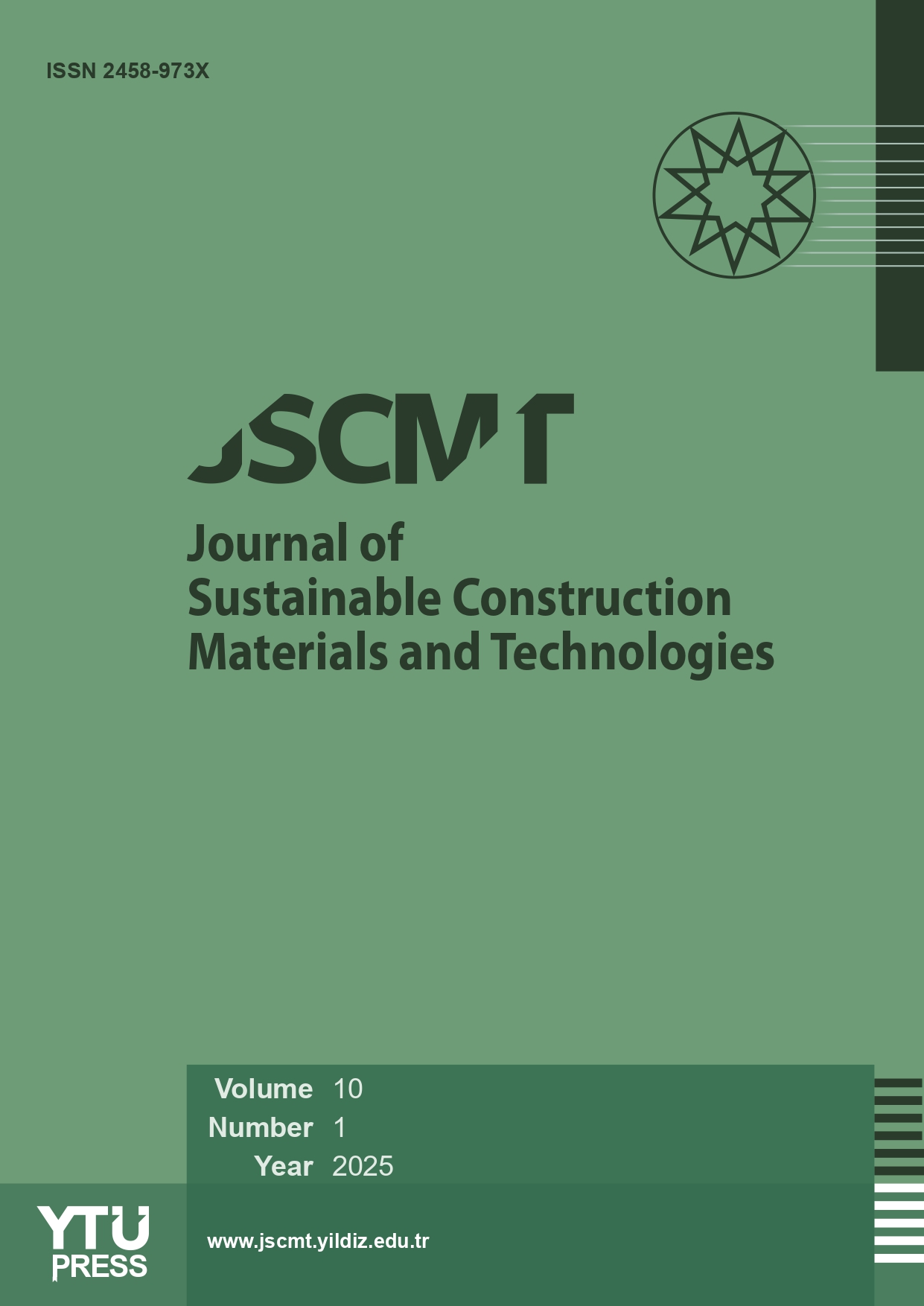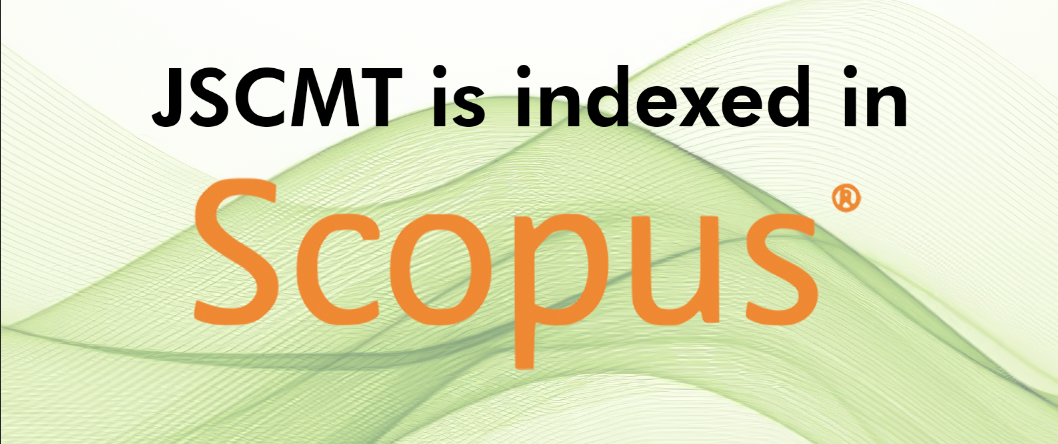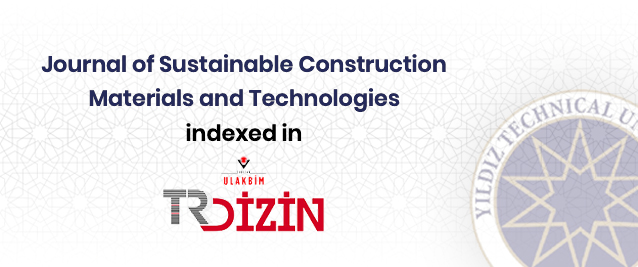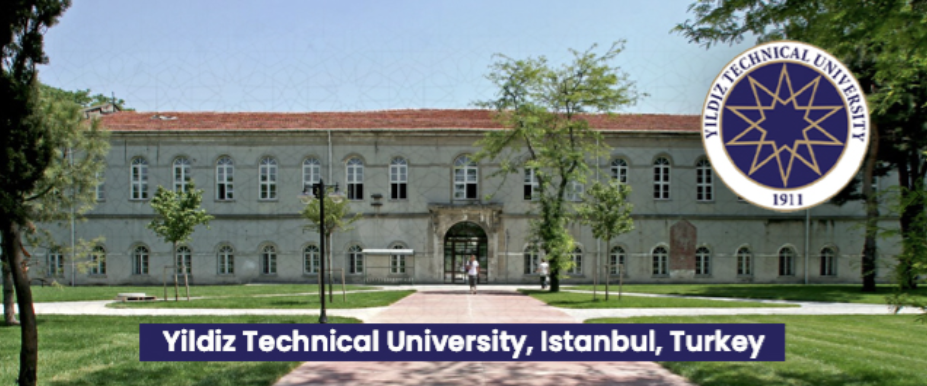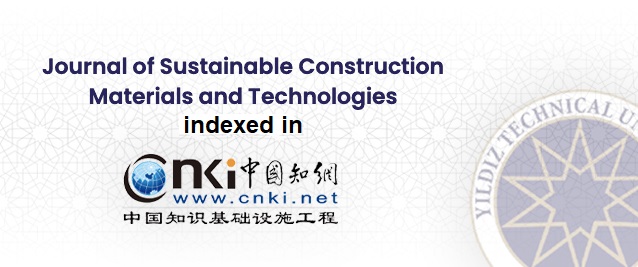Abstract
The generation of new materials such as rubberized mortar presents itself as an alternative to the decrease environmental problems generated due to the inadequate management of scrap tires, reaching high economic potential and environmental sustainability. In this study, mortar composites were prepared from Portland blast-furnace slag cement (type IS) and rubber granular waste from unusable tires of different commercial-brands with the purpose of evaluating the effects of the rubber particle size and rubber content on mechanical, chemical and morphological properties of the composites. Rubberized mortar has shown considerable improvement in flexural strength, strain and apparent density when compared to the conventional mortar, while the size particle of the rubber caused insignificant changes on these properties. Thus, rubberized mortar shows promising potential for the use of the material in applications where flexural strength is essential.


